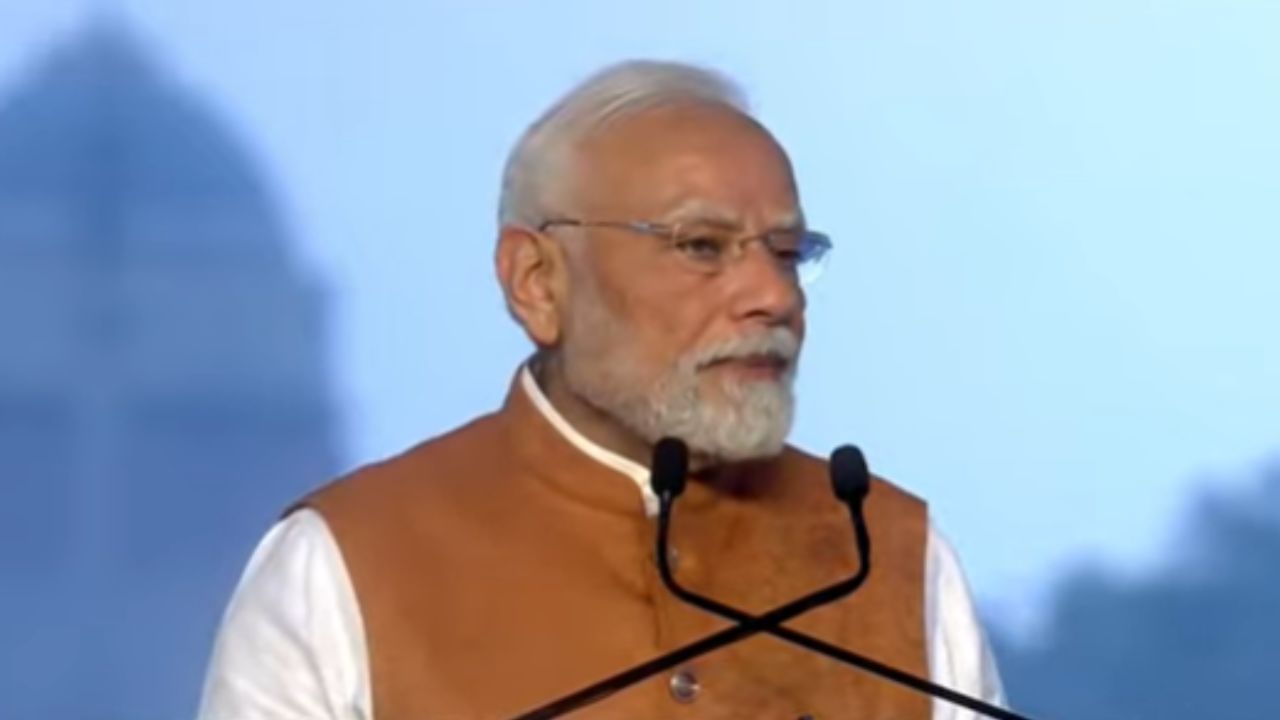PM Narendra Modi.
The Union Cabinet has approved four new projects by taking major steps to promote semiconductor construction in the country. These projects will be set up in Odisha, Punjab and Andhra Pradesh. Information and Broadcasting Minister Ashwini Vaishnav said that a total of Rs 4,594 crore will be invested in these schemes. He said that earlier the government has approved six semiconductor projects and now this number has increased to 10 more by joining four more. This step is considered important towards making India self -sufficient in chip construction.
The vision of Digital India will get strengthened
Ashwini Vaishnav said that this investment in the semiconductor sector will not only increase technical capacity, but will also strengthen the vision of Digital India. Modern production units will be set up under these projects, which will reduce the country’s dependence in areas like electronics, automobiles and defense. He also emphasized that these projects will create new employment opportunities at the local level and give impetus to industrial development.
3 big decisions taken in a meeting
In the cabinet meeting, decisions were taken not only on the semiconductor sector, but also on other important areas. Three major decisions were taken in the meeting. First, four new semiconductor projects were approved. Second, Phase-1 B of Lucknow Metro got the green signal, which will strengthen the traffic structure of the city. Third, Tato-II Hydropower Project was approved to promote clean and green energy. These three decisions are considered to be a step to strengthen the country’s infrastructure and energy security.
States will get industrial benefits
These semiconductor plants in Odisha, Punjab and Andhra Pradesh will not only give new direction to local industries, but will also strengthen technical supply chains. This will expand industries in these states and will directly benefit the economy. This investment of Rs 4,594 crore will also play an important role in regional development and employment generation. Experts believe that such projects will help India install more effectively on the global technical map.
